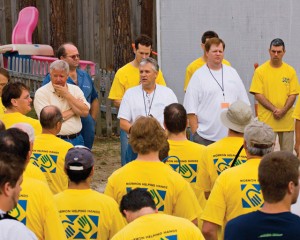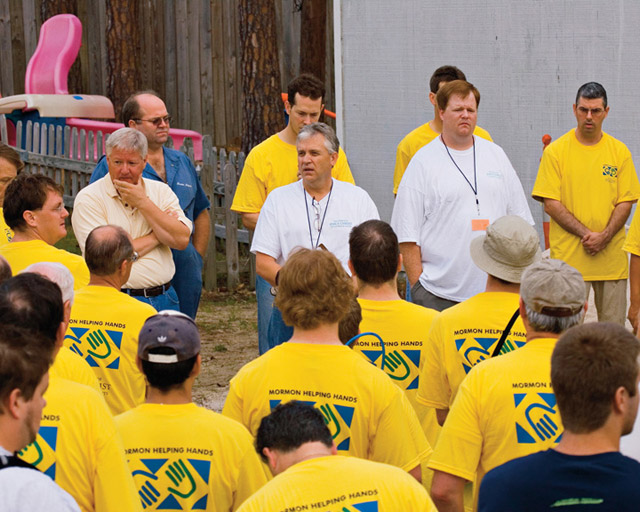In a previous blog title, “Emergency Preparedness Tip – Inventory” I shared how having a supply of food and essential living items are so important in today’s world.
 This is all well and good. In fact, having a supply of living necessities is so important in today’s world. For example, my husband some years back was part of a company layoff. He did not have a job with benefits for nearly a year. The Lord helped us though.
This is all well and good. In fact, having a supply of living necessities is so important in today’s world. For example, my husband some years back was part of a company layoff. He did not have a job with benefits for nearly a year. The Lord helped us though.
It is precisely for times like that that a food storage system can be so helpful. Or for a situation like a friend of mine is currently facing in the state of Washington. Schools are closed due to snow. In some areas, this might not be out of the norm. But for her area? Her area has not had to close the schools due to snow for over a decade. The situation currently is that bad! But now schools are closed, roads are closed, power is out, and snow plows are working long hours to free people from their homes.
If you were in a situation like this, would you be prepared? If the situation went on for more than two weeks, would you be starving?
Prophets for the Mormon church (officially called The Church of Jesus Christ of Latter-day Saints) have for some time admonished people to wisely store up food, money, clothing, etc., for any difficult time that perchance may come. And how prudent this advice! Those who, like my friend, took the warning, listened to it, and obeyed eons ago now are doing fine – even though they are snowed in and people all around them are without power.
BUT there is a big difference between storing wisely in systematic fashion, and between “hoarding.” Prophets have never advised to hoard our goods. Instead, the instruction has come – to every month of every year simply have a preparedness mentality.
In essence, a person with a preparedness mentality understands that true preparedness is a lifestyle, not a one time event! That is why a person with a preparedness mentality does not go into debt building their food storage, etc. Instead, they take a little bit of money every month to recycle their food, medical needs, toiletries, etc., easily replacing in small quantities what was used during that month.
On the other hand, a “hoarder” is someone who sporadically stashes stuff and then is afraid to use it. Not only are they perhaps stingy with others, but they’re stingy with themselves in using their “hoard.” They’re afraid to use it!
Truly prepared individuals have acclimated to simply thinking in prepared ways. So why not try it this month? Why not do an inventory of your food, your toiletries, your medical needs, etc. Make a list and then a simple plan.
Decide to set aside $5, $20 (or whatever your budget suggests) to begin building your food storage to about three months supply. This way if the government were to quarantine everyone to their homes because of the bird flu, you will be ready.
Second, once you have about three months of normal food stuff, etc., begin storing long-term grains like wheat, rice, etc. When the depression hit in the 30s, people in Europe resorted to eating rabbits, etc., simply because there was no food!
Third, decide today that you will share. Share your knowledge, share your perspective on the importance of a prudent lifestyle, and if needed, share your food with others.
Jesus said:
“Greater love hath no man than this, that a man lay down his life for his friends” (John 15:13).
The Savior set the example in this. And we can too. Once we grasp the wisdom of prudent living and a preparedness lifestyle, we can lay down our lives in the service of others – teaching them the joy that comes from being prepared!
Here is a great website to that instructs how to live a provident lifestyle. It’s called Provident Living.


